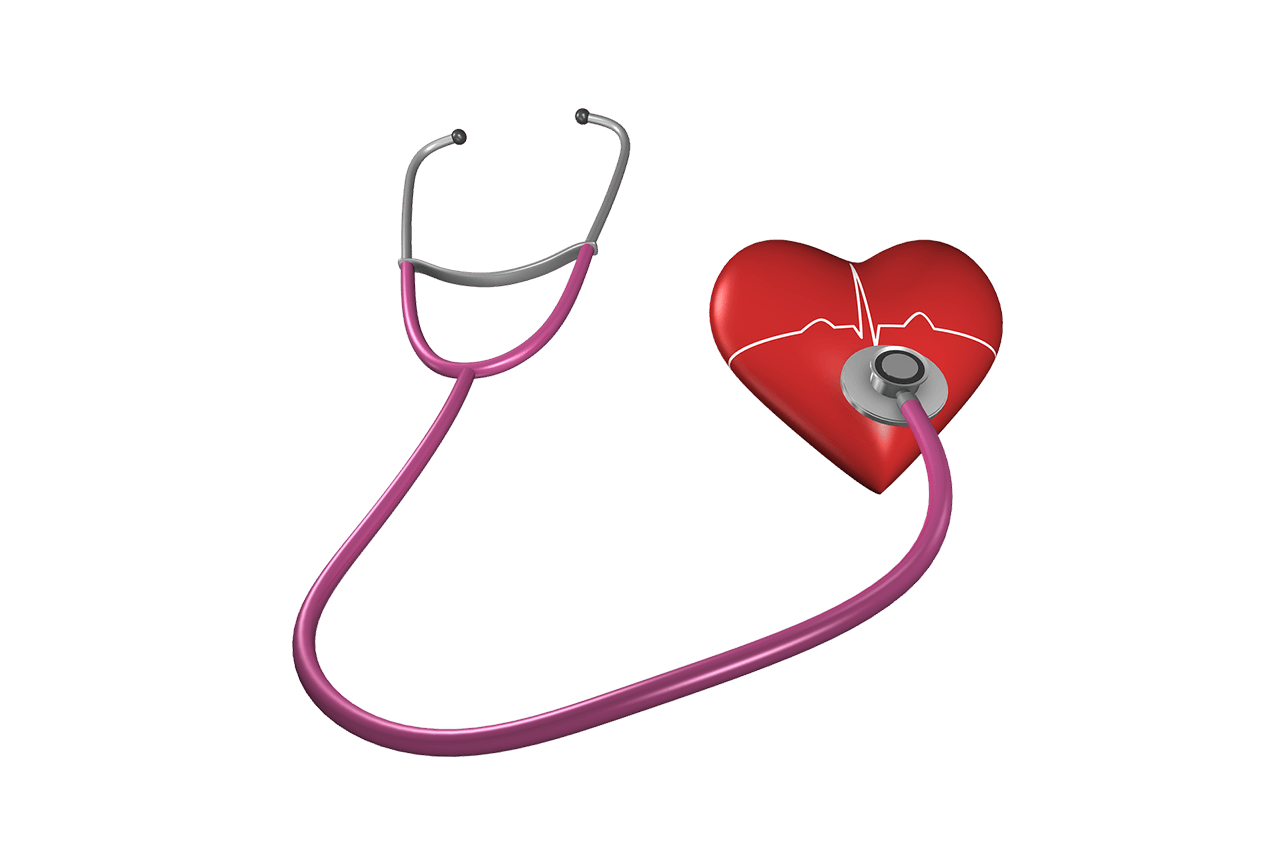Usually, a person at high risk of cardiovascular disease is tasked with the goal of lowering their LDL cholesterol and increasing their HDL. To help a patient achieve these improved numbers, a doctor will often prescribe a low-fat diet in lieu of, or in conjunction with, drug therapy. A recent review of the research (Schwingshackl & Hoffmann, 2013) surrounding this topic has shown that while a low-fat diet (less than 30% of calories from fat) may help reduce LDL cholesterol levels (that’s a good thing!), it does not significantly improve HDL levels (that’s not so good.) In fact, better HDL levels were seen in people who ate high-fat diets.
So what’s a body to do? Eat low fat for low LDL levels? Eat high fat for better HDL levels? Throw up your hands and just up your statin dosage??? Hold on – there are better options.
- Think Quality rather than Quantity. Rather than counting fat calories, focus on where the fat in your diet comes from. Try to include more healthy fats in your diet, and less of the unhealthy fats. Healthy fats come from cold water fish, extra virgin olive oil, avocados, seeds, nuts and nut butters; even small amounts of fat from meats, poultry, and cheese are fine from time to time. Unhealthy fats are found in pastries, deep fried foods, snack chips, frozen pizza, and most items on a fast food menu.
- Take your fat intake to the next level: Omega-3’s. Substituting omega-3 fats for other types of fat in your diet helps reduce chronic, low-level inflammation throughout your body, and also helps improve your LDL cholesterol. Omega-3’s are found in cold water fish, walnuts, hemp seeds, flax seeds, and chia seeds. You can also ensure that you’re getting your daily intake of Omega-3’s by taking a fish oil supplement. If you’re a vegetarian, look for flax oil supplements
- Get moving! Physical activity improves your HDL cholesterol levels. It can be as simple as taking a stroll around the neighborhood. Consistency is key here: get your body moving every day for at least 30 minutes.
- Consider nutritional supplements. Chromium, garlic extract, red yeast rice, vitamin C, and citrus bioflavonoids (naturally occurring pigments found in citrus fruits) have all shown promise in improving cholesterol levels. Be sure to check with your health care provider before adding supplements to your health care regime, especially if you’re already taking cholesterol medication.
Source
- Schwingshackl, L. M., & Hoffmann, G. P. (2013). Comparison of Effect of Long-Term Low-Fat vs High-Fat Diets on Blood Lipid Levels in Overweight or Obese Patients: A Systematic Review and Meta-Analysis. Journal of the Academy of Nutrition and Dietetics, 1640-1661.

